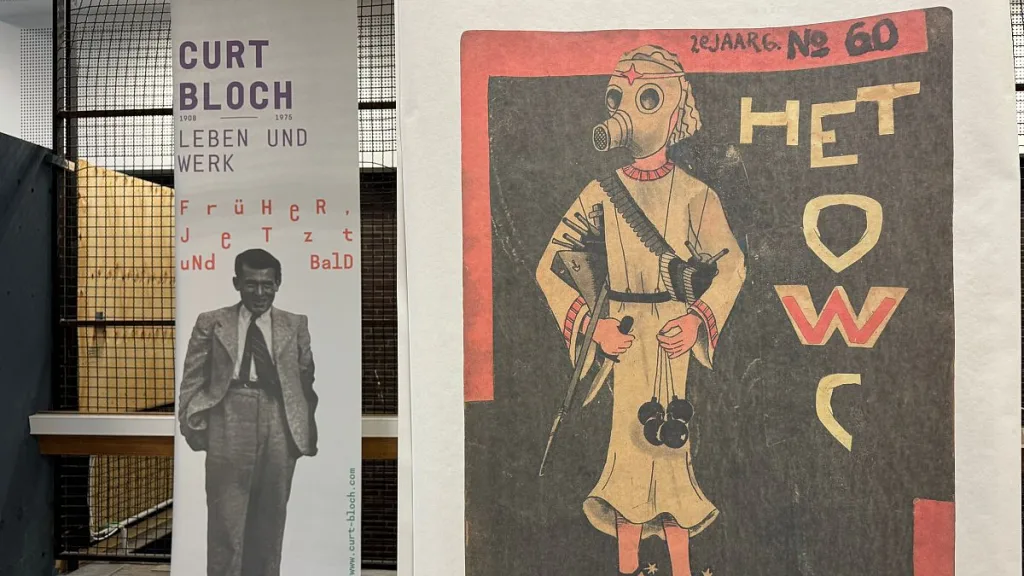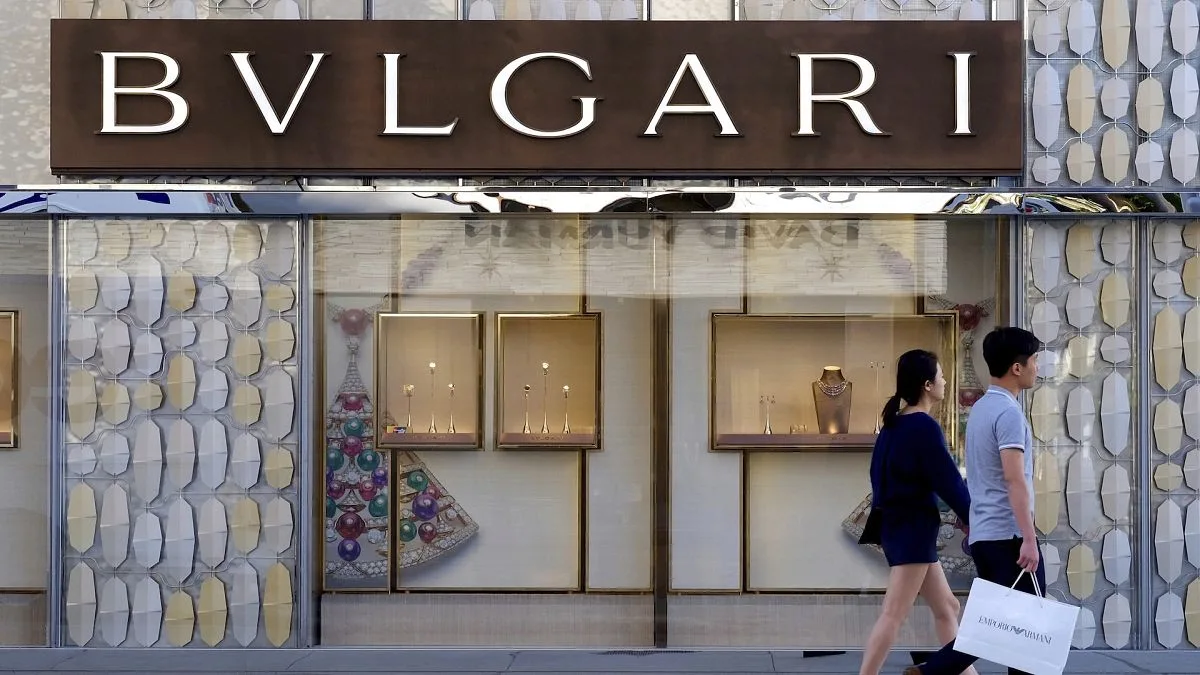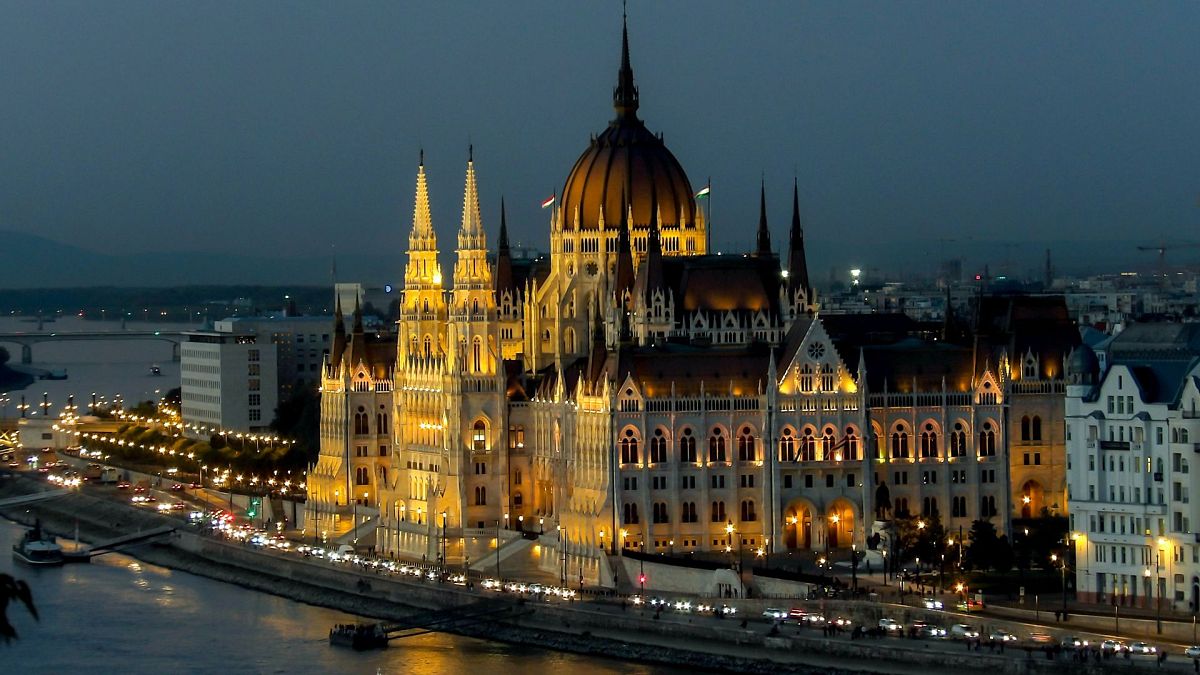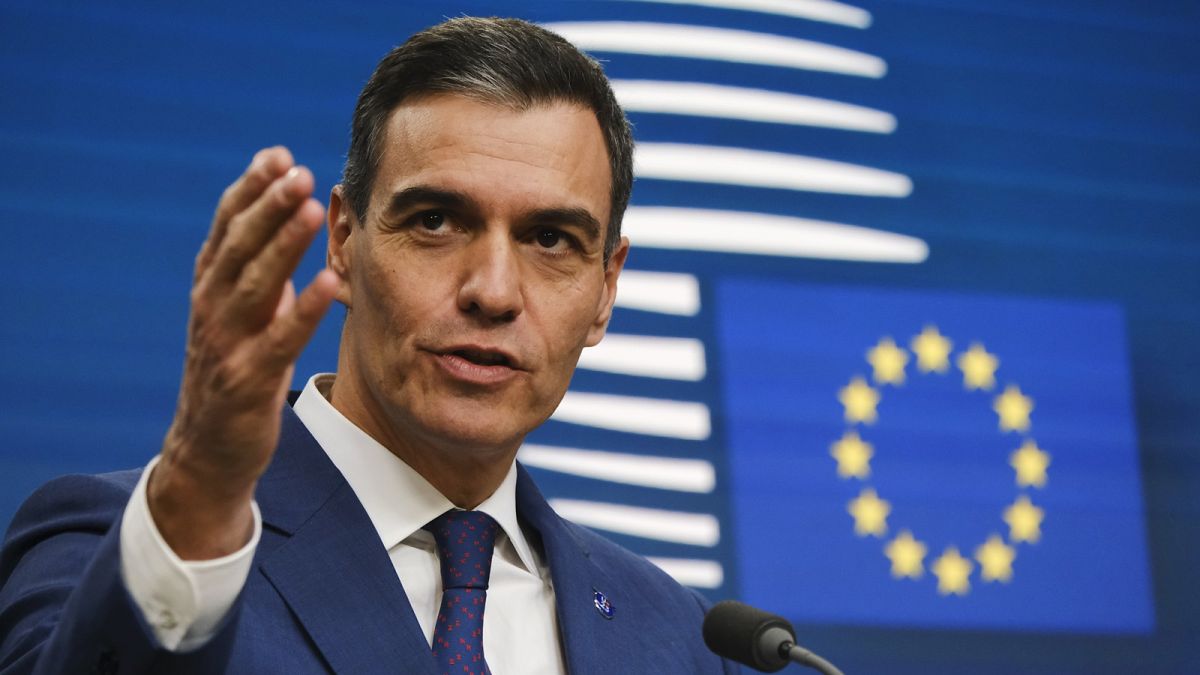At an exhibition honoring the underground anti-fascist magazines of Curt Bloch, held on the anniversary of Kristallnacht, Simone Bloch expressed a profound connection with students — and a Syrian refugee.
“When I visited Germany as a young person, I could feel the stares from others, sensing that I didn’t belong,” recalled Simone Bloch from her New York office. “It always gave me an unsettling feeling.”
As the daughter of Holocaust survivors, Simone grapples with a complicated relationship towards her parents’ homeland, which she continues to refer to as her “homeland.”
In her recollection, while her mother, Ruth, endured imprisonment in Auschwitz at just 17, her father, Curt, evaded capture in the Netherlands. There, he created nearly 100 anti-Nazi magazines that were clandestinely disseminated to the Jewish resistance during the Third Reich.
After the war, the magazines lay forgotten in Simone’s New York home, where she lives alongside her family, including her 99-year-old mother. However, as the far-right began gaining traction in the US and Europe, Simone felt compelled to revive her father’s legacy and combat fascism.
Collaborating with German designer Thilo von Debschitz, she launched an award-winning website and an exhibition at the Jewish Museum in Berlin, gaining international acclaim.
This summer, history teacher Gabrielle Arning from Curt’s former school in Dortmund reached out to Simone and Thilo, eager to host an exhibition. Both were eager to contribute.
Echoes of History
The exhibition opened at Dortmund Stadtgymnasium during the week commemorating Kristallnacht, a pivotal moment preceding the Holocaust. Both Simone and Thilo engaged with students in a packed auditorium.
“I was thrilled,” Simone shared with enthusiasm. “It was incredibly moving to feel so connected.”
Thilo resonated with her words, describing how Curt’s narrative “ignited a passion among the students… I was genuinely touched.”
Euronews caught up with Klaus Wegener from Auslandsgesellschaft Dortmund, a cultural center that backed the exhibition. “We rarely get the opportunity to showcase the stark realities of life under the Nazi regime to young audiences,” he noted. “This exhibition vividly illustrates what transpires when democracy and freedom are compromised—principles Curt Bloch was denied.”
The level of engagement from students was remarkable, as the exhibition displayed stunning reproductions of Curt’s collage covers and excerpts from his poetry, along with numerous reflections inspired by his work.
“There was a cozy nook with a black curtain where visitors could view a video created by a student about one of Curt’s poems. The artwork reflecting their thoughts on freedom was enlightening,” Thilo recounted excitedly, mentioning a student who memorized and performed one of Curt’s poems. “I was genuinely impressed,” he added.
Thilo’s family history, with Nazi officers in his lineage who took their own lives upon learning of Hitler’s death, offers a unique perspective. “My parents’ generation often avoided confronting the past, as they focused on rebuilding the future, inadvertently passing these questions onto today’s youth,” he explained.
The Refugee Experience
Acknowledging the historical parallels was Ahmad, a religious studies teacher from Darayya, Syria, attending the exhibition’s opening ceremony.
“When Simone spoke of her father’s nighttime escape from Germany and his long concealment, I felt an immediate connection to her words,” he reflected.
Having been a student during the 2011 Syrian revolution, Ahmad participated in protests against the Assad regime, only to face severe consequences.
“Regrettably, one of my contacts turned out to be a regime informant,” Ahmad recalled during a candid conversation with Simone. “I was imprisoned for three harrowing months, deprived of contact with the outside world, unsure of my fate.”
After making a treacherous journey through Turkey and Egypt, Ahmad endured an eight-day boat voyage from Egypt to Italy, eventually finding refuge in Germany, where he completed his studies, became fluent in German, and met his wife.
Between 2014 and 2018, Germany welcomed over a million refugees, predominantly from the Middle East, with Dortmund alone accepting more than 10,000 Syrians. While this refugee policy received initial support, critics argue it has fueled a shift toward right-wing sentiment among portions of the electorate.
The irony of the nation from which Curt fled becoming a sanctuary for so many did not escape either Simone or Ahmad, who recognized the similarities in their journeys.
“I see myself in those who must leave their homes,” Simone shared. “It transcends nationality; it’s an enduring sadness that shapes your existence.”
Ahmad affirmed, “In Arabic, we say that a stranger feels a kinship with every other stranger,” expressing gratitude for Germany’s hospitality.
His emotional connection intensified as he engaged with Curt’s works. “Every word moved me to tears. I longed to write about my experiences, but I was denied the tools to do so,” he lamented.
For Ahmad, discussing his revolutionary experiences is vital, especially since many young Syrians outside the country lack insight into the dire realities at home.
Changing Narratives
The demographics of the school have transformed since Curt Bloch graduated nearly a century ago, now boasting a significant Arab and Muslim student population, which introduces new political challenges.
Germany’s unwavering support of Israel, comprising nearly half of its conventional arms imports in 2023, has sparked controversy within its borders, potentially straining relations between Muslim and Jewish communities.
Simone countered this narrative, recounting an engaging interaction with a vibrant Muslim student who inquired how her experiences and Curt’s story informed her views on Israel’s actions in Gaza, where countless lives have been lost since early October.
While Simone affirmed the right to a Jewish homeland, she voiced strong criticism against the Israeli government and the international backing it receives. “The situation in Israel, supported by Germany because of its historical sins, leaves me feeling complicit… I completely understand her question, and she was justified in asking it,” she articulated.
Throughout the exhibition, Simone was moved by the students’ passionate responses, reflecting warmth and friendliness towards her. “Their kindness was heartwarming,” she noted with a smile. “They were genuinely understanding.”
Just after Thilo and Simone launched the exhibition, Donald Trump claimed victory in the US presidential election, sparking political upheaval as Germany’s centrist coalition began to falter, amid the rise of the Alternative for Germany party.
“Same challenges, different century,” Simone remarked, but she and Thilo remained resolute. They are advocating for the integration of Curt’s works into the German educational system, with Thilo even vying for mayor of Wiesbaden. During their discussion, he referenced one of Curt’s poignant poems:
“If one would let you forget
Your old mistakes again,
Then a new puppeteer will lead you
To a new slaughter-fest.”
“This poem resonates profoundly today,” he emphasized.
Photo credit & article inspired by: Euronews



